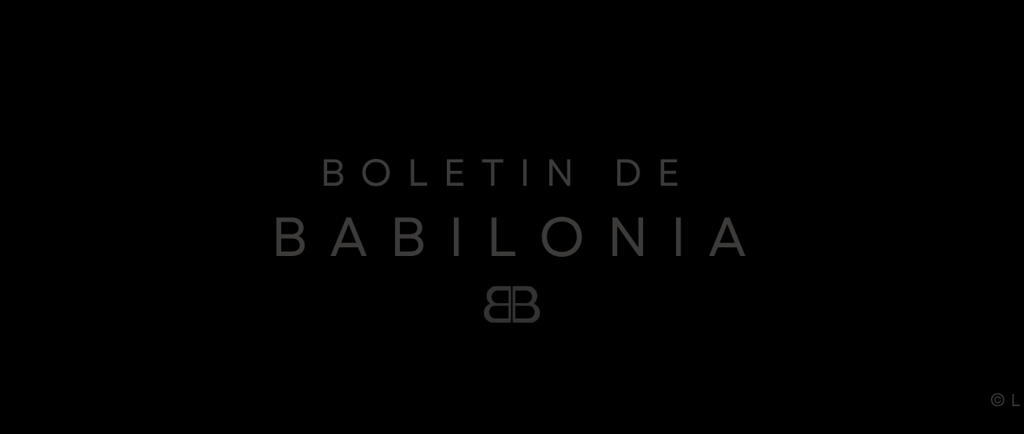Rousseau and Babylon
Naturalism on Civilization
Lea Celik Sommerseth Shaw
11/14/2025


Rousseau and Babylon
by Lea Celik Sommerseth Shaw
if one of the most important Naturalist Rousseau had stood upon the banks of the Tigris and Euphrates, he would not have been uncritical to the cradle of civilization,
Rousseau’s “state of nature” was not just a historical place, but a philosophical condition, a time when humanity lived freely, guided by instinct, and with that “the cradle of civilization,” for Rousseau represent the very moment when humankind began to turn away from Natural world.. The invention of agriculture, the rise of Babylon, and the beginning of administration, its all marked what he called the first step toward inequality
Rousseau is the first man who, enclosed a piece of ground, and thought of saying, ‘This is mine,’ and found people to believe him, he was the founder of civil society,” For Rousseau, Mesopotamia was, man’s field. Temples rose, kings ruled by the divine mandate, and the natural equality of human beings was beneath the tides of organized administration.
Rousseau would have cherished Mesopotamia’s achievements—its writing, law codes, and physics—but he would have regarded them as administration rather than Natural progress. The Code of Hammurabi, would have represented to Rousseau not fairness but the consolidation of authority
Where Mesopotamian societies organized themselves around divine kingship—the idea that gods ruled through monarchs—Rousseau would have seen the origin of tyranny disguised as religion. In Mesopotamia, power flowed from the top, sanctioned by heaven; in Rousseau’s vision, legitimate authority must arise from the people themselves, governed by collective moral will rather than priestly decree.
Yet Rousseau’s critique would not have been devoid of empathy. He would have understood that Mesopotamia’s people did not choose corruption; they sought meaning. The floodplains demanded coordination and shared labor. But necessity led to dependency, and dependency to domination. From this, Rousseau might have concluded that Mesopotamia reveals tragedy of civilization and—the inevitable tension between need and freedom.The tragedy of Mesopotamia is that by mastering nature, humanity began to lose its natural self.
To understand Mesopotamia, Rousseau would urge, it is to understand ourselves, we build administration and trapped with it. The Tigris and Euphrates, flowing between the natural world and the beginning civilization and industrialism, the further we rise from Natural world, and in to the civilization and industrialism, the more we must recognize the Natural world.
Lea Celik Sommerseth Shaw
Geneva 14 November 2025
LCSS INC™ LCSS Holdings LTD. LCSS Foundation LTD. ISIK GROUP © Lea Celik Sommerseth Shaw/ISIK Nations Business Center/Geneva
ALPHA OMEGA EDICION
Please Note Lea has closed her X, LinkedIn, Bluesky. Above are Lea's Only Social media.
© 2025 LCSS INC. Lea Celik Sommerseth Shaw. All rights reserved.
